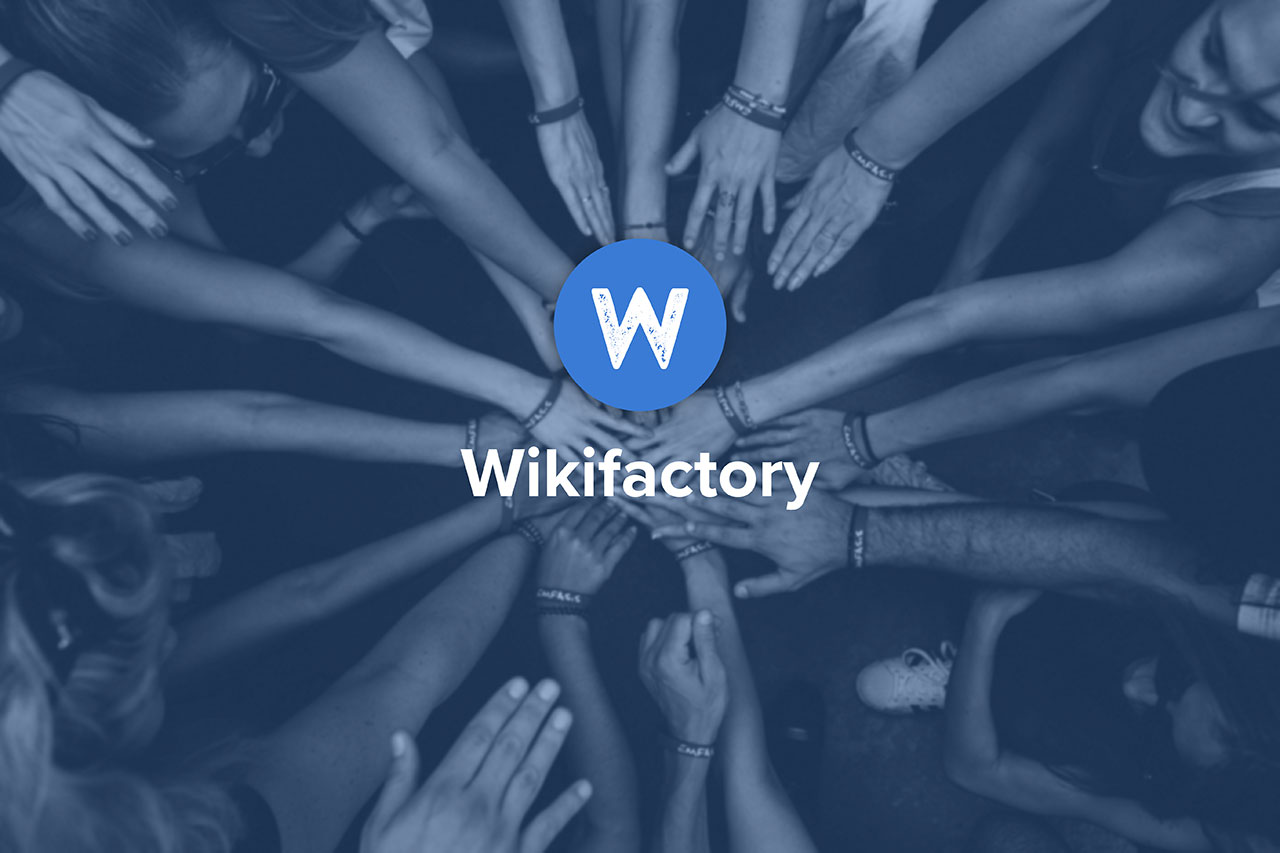Wikifactory is a social platform and online collaboration system to make almost any physical product, anywhere in the world, with just a laptop and an internet connection.
Effectively, you could build a complex drone or a solar-powered car and start your product business, from the comfort of your living room. Or, if you’re a company, you can integrate Wikifactory into your existing workflows at the click of a button and build out your team, gain local market insights, and develop ideas all in one workspace together.
Innovation by our 90,000 users spans robotics, drones, electric vehicles, biotech lab equipment, agri-tech, biomaterials for fashion, smart furniture, and even PPE and ventilators for COVID-19. They’re working across 190 countries in international virtual teams.

How did you come up with the idea for the company?
In 2013, I wrote a book called The Ethical Economy, which explored how to build quantifiable company value from ethical capital. Some years later, I was introduced to Christina Rebel, Tom Salfield and Max Kampik; now my three other co-founders at Wikifactory. They shared my vision of accelerating towards a paradigm shift for a more distributed model of making and producing the products that we need through internet-enabled technologies.
They had started out on another project focussed on digitally fabricated, low cost homes. But then we wondered, why stop there? We launched our beta in 2019 and today we have a fast-growth tech company with a global community of 90,000 users growing at a monthly rate of 15%, and 4,500 products on our platform which are available for anyone to download and build upon. 52% of new products come from developing economies, while 16% are for developing countries.
More from Interviews
- Meet Jaron Soh, Co-founder & CEO of LGBTQIA+ Mental Wellness App: Voda
- Meet Nathalie Morrison: The Founder Behind Astrea, the Fashion-Tech Brand Putting Lab-Grown Diamonds at the Heart of Luxury
- Meet Badr Ward, CEO And Founder Of Education Platform: Lamsa
- A Conversation with Andrej Persolja, Founder of We Fix Boring
- A Chat with Kebbie Sebastian, CEO and Founder of Merge
- Meet Dr Agnès Leroy, GPU Director at Cryptography Tool: Zama
- Meet Roman Eloshvili, Founder of ComplyControl
- Inside Mobile Payments with Bojoko’s Ville Saari
How has the company evolved during the pandemic?
The impact of COVID-19 and the rise in remote working especially has exposed the fragility of our global supply chain model. Now, more than ever, there is a real need for a viable, alternative online infrastructure for production. Wikifactory directly answers this problem. It is now possible to innovate globally and produce products locally to a high standard, and sustainably, without costly inventories or shipping.
I had already predicted a number of trends emerging more than 15 years ago. After decades of global supply chains, you now had millions of people with the skills to make anything and, at the same time, there were social technologies that made it possible to collaborate online as well as share digital 3D files. All of these were the conditions for disrupting the production system and have converged today to create a new ecosystem for distributed production and global online collaboration today. Not just to share ideas and information, but to share the recipes for actual products and get them made, anywhere.
What can we hope to see from Wikifactory in the future?
We are embarking on a really exciting chapter; we recently announced our pre-series A fundraising round and have since partnered with over 30 companies in several EU funded innovation programs. We’re building a whole host of features to create a light-weight, agile and completely web based supply chain that we’re calling the Internet of Production that is open and affordable for everyone, whatever their size or scope. We want to change the way things are made, so they’re made better.



